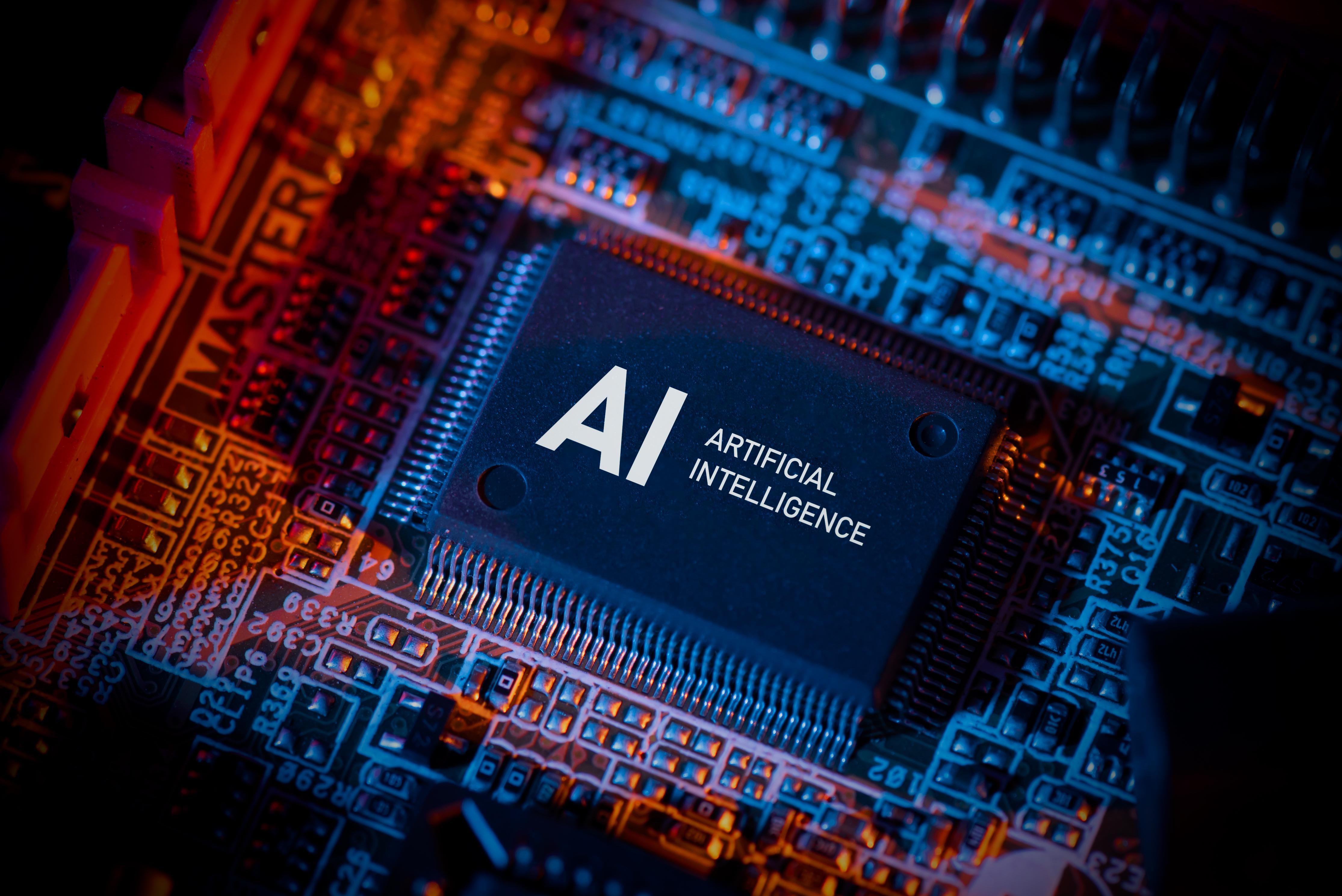Workers and their unions must play a central role in shaping the future of work as artificial intelligence (AI) continues to advance across various sectors. This message from AFSA and the AFL-CIO comes in light of the bipartisan AI framework released in early summer by Senate Majority Leader Chuck Schumer, which outlines key policy priorities to guide the legislative process surrounding AI development and deployment.
The framework addresses the need for effective enforcement of existing laws within the AI context, the importance of transparency and explainability in AI applications, and the potential workforce impacts, including job displacement and the need for training. Senate and House committees now are tasked with translating these priorities into comprehensive legislation.
In a statement the AFL-CIO emphasized the critical role of unions in this process. "Legislation must make sure workers' rights are effectively enforced in the AI context," the federation said. "Transparency and explainability [must] give workers a seat at the table, and workforce considerations [should] provide for real guardrails on AI deployment, centering unions and working people as cutting-edge technologies impact every aspect of work."
Schumer highlighted the transformative potential of AI while acknowledging its risks during his speech at the Center for Strategic and International Studies. "AI is world-altering," Schumer remarked. "Change at such blistering speed may seem frightening to some, but if applied correctly, AI promises to transform life on Earth for the better."
Schumer's SAFE Innovation Framework for AI policy aims to balance innovation with security, accountability, foundational protection and explainability. He stressed the need for robust federal intervention to ensure AI development aligns with democratic values and safeguards against misuse by rogue actors or foreign adversaries.
The AFL-CIO praised Schumer for including union voices in the series of Insight Forums that contributed to the framework's development. "The decisions made about AI governance will determine whether our country successfully transitions into this era without destroying the jobs and fundamental rights of working people, or worsening the racial and wage inequality that is widening across the economy," it noted.
Educators and school leaders are particularly attentive to these developments, as AI has the potential to significantly impact the education sector. AI-driven tools could revolutionize teaching methods, administrative processes and student engagement, but they also raise concerns about job security and the ethical use of data.
As the legislative process unfolds, the AFL-CIO remains focused on ensuring that AI policies are worker-centered. This includes advocating for the expansion of collective bargaining, the creation of high-wage union jobs, and the protection of privacy and civil rights. "We also will demand that new AI-enabled technologies bring opportunity to everyone and not become a tool to eliminate good jobs, deskill workers, invade privacy, and weaken our democracy and civil rights," the AFL-CIO stated.
The AFL-CIO and other stakeholders look forward to collaborating with Schumer and other legislators to develop AI policies that prioritize the well-being of workers and uphold democratic principles.

